How to Maximize Your Time, Creativity and Performance at Work
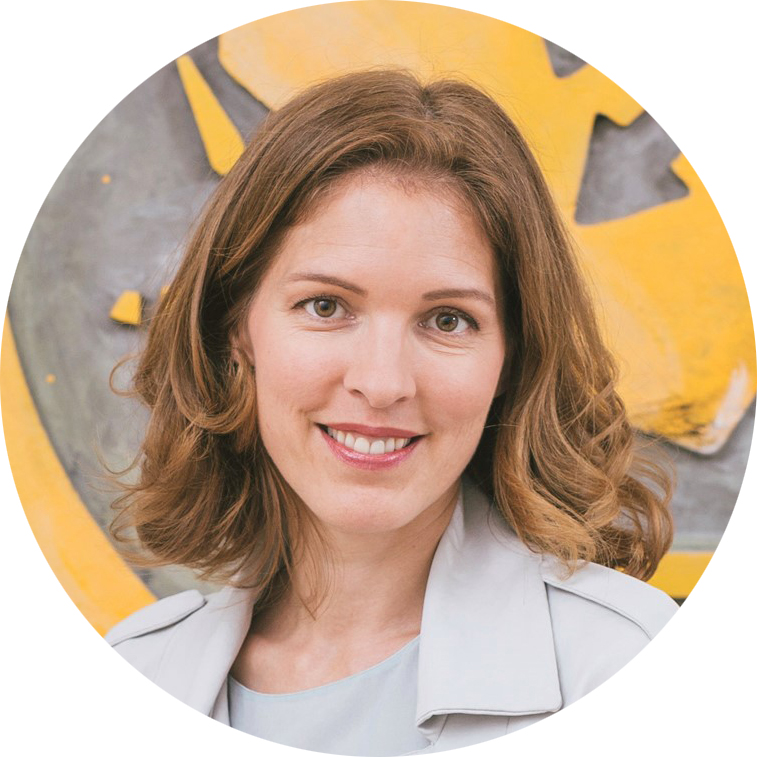
No matter your job title or company, it is safe to say that work has gotten more stressful. This is because our managers and colleagues expect us to be on all of the time, whether late weekday night or over the weekend.
Ultimately, work-life balance, while appealing, is a tricky concept. While it sounds nice in theory, it doesn’t work out in practice. You don’t have one life in which you suffer at work and a second life in which you can entirely focus on recovering. Instead, there is just one life with competing interests in our personal and professional lives. With only 24 hours in a day and too many things on your plate, burnout is much more common, and creativity is much more difficult.
So what can you do?
For starters, focus on creating the most favorable working environment possible. To do so, as Aaron Dignan argues in Brave New Work, we all need to help our companies improve their internal operating systems so that they are more people-focused. And going beyond the company level, there are individual things that you can do as an employee to manage your time better and improve your performance. Here are some of them.
1. Put First Things First
This is one of the habits from Stephen R. Covey’s seminal book The 7 Habits of Highly Effective People. Essentially, this means you need to prioritize the most important goals rather than focusing on the most urgent goals. It is all too common for “fire drills” to send us off track in the office. We devote almost all of our energy to that fire drill, and all too often, it turns out it was a false alarm or unimportant.
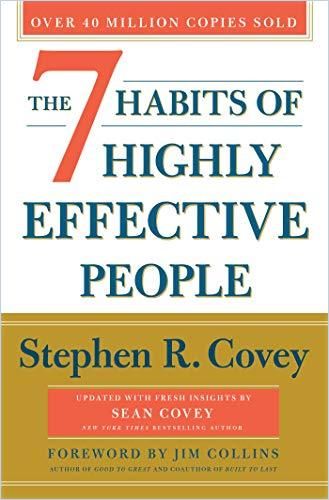
However, by focusing on the most important things, you begin work in a position of strength. As a result, you’ll be more confident that your work will help you reach your goals. In the end, you’ll become more aligned with your values and purpose, thereby elevating your performance in a shorter period.
2. Eliminate Unnecessary Distractions
The modern-day workplace is full of unnecessary distractions. While there are some that you can’t avoid (like a colleague stopping by to chat), there are some that you can avoid. The biggest culprit is social media and random, mindless internet browsing. Why?
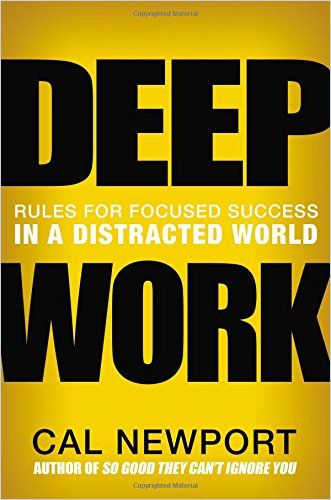
Cal Newport explains: “The human mind, the human brain is very sequential. It’s meant to do one thing after another with a relatively slow context shift between these actions. That’s the way our brain is supposed to operate. What we’re doing instead is entirely trying to fragment this experience by putting on dozens and dozens of things simultaneously. That might work for computer processors but does not work for the human brain.”
As Jake Knapp and John Zeratsky argue in Make Time, anyone can laser in and beat these distractions. From removing distracting apps on your smartphone to defining times for availability and others for deep work, you can create schedules and obstacles that make it easier to be more productive. So please take advantage of these opportunities, as they will go a long way in helping you expand your creativity!
3. Set Boundaries
Boundaries are a considerable component of maximizing your productivity at work. But, let’s face it: You can’t work all the time. So even though you’ve been putting in more hours during the global pandemic, it doesn’t necessarily mean that you are more productive.
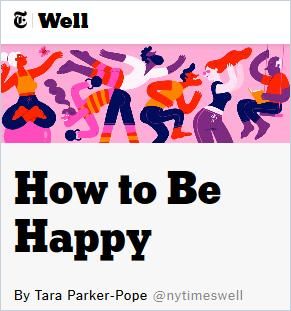
As Gretchen Rubin describes in The Happiness Project, having fun is critical in living a happy life. While work can be fun, you also need to find joy outside the office. However you have fun, make sure that you are totally switched off from work when you’re doing so. Put the work phone down and sparingly check your work email. Doing this lets you recharge and be more productive when you’re in the office.
4. Find Meaning
As Mark Manson describes in The Subtle Art of Not Giving a F*ck, one of the most productive uses of our time and energy is finding something meaningful in our lives. It can be virtually anything. Identifying what that is will help you become more creative and productive at work.
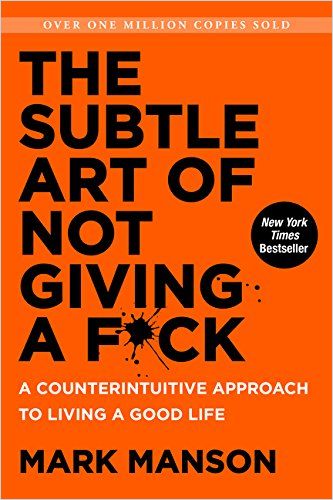
Ultimately, find something in your work that resonates with your inner values. There is a direct connection with better performance at work, so it’s worth your time to discover what it is that truly makes you tick. You probably just instinctively thought of something that brings you joy. Rewind briefly – and if it fits, then pursue the notion further.
5. Get Started Today (AKA Stop Procrastinating)
While work-life balance can be challenging to find, the above strategies can help you manage your time and achieve better work. As Charles Duhigg puts it: The most awesome productivity app is thinking more deeply. And in the end, the best time to get started is right now.






